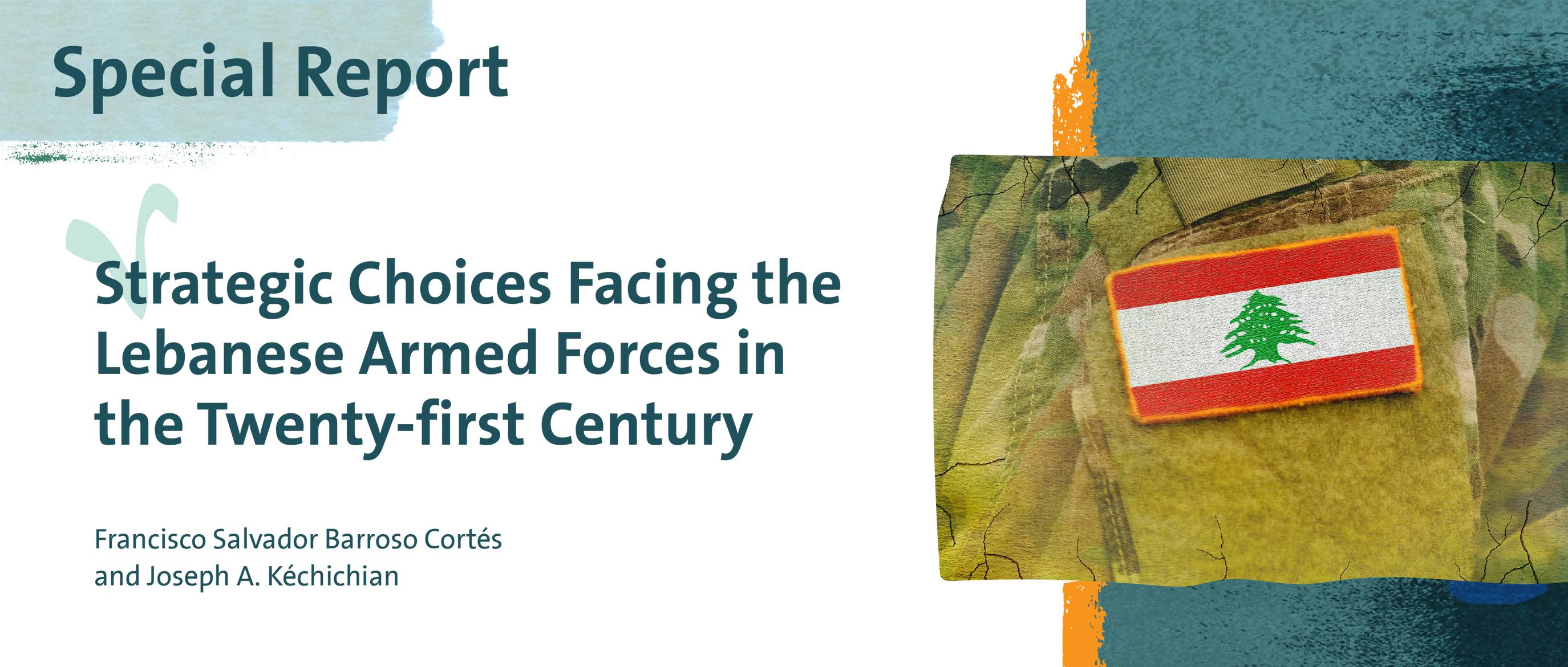Strategic Choices Facing the Lebanese Armed Forces in the Twenty-first Century
With a dubious mandate, the Lebanese Armed Forces (LAF) remained a political football in the hands of wily politicians anxious to preserve cherished sectarian prerogatives, even if such steps proved to be detrimental both to the LAF as a military institution as well as the country. Notwithstanding their denials this excessive politicization benefitted senior LAF leaders since most staff officers aspired to higher, and often lucrative, positions, all of which required that they maintain very close connections with political elites, especially those from their own religious communities. This study examines what were the various pressures that compelled the LAF to transform itself into a mere security force, and why its commanders have decided to foster very close ties with the Hizballah militia. The paper asks whether these changes were/are in the best interests of Lebanon and whether the LAF has weakened the mandate established by Fu'ad Shihab—its first commander who later served as head-of-state—to defend the country and consolidate sovereignty. The research paper evaluates some of the causes for the Lebanese army's implementation of Hizballah's strategic vision even if this presented a Gordian knot for the state. Ultimately, the paper posits, the LAF could not possibly function as an independent military entity if it remained beholden to the militia.

